According to Readiness insights, almost 50% of businesses could be non-compliant with new Queensland mental health legislation. Schools and Medium-sized businesses are amongst the most exposed.
As of April 1st 2023, all Queensland & Western Australian businesses need to have the ‘highest practical care’ possible for the psychological health of their employees or risk significant penalties on top of increasing costs of employee downtime, decreased efficiency and time off.
In a move widely tipped to be followed by all Australian states, this firmly places responsibility on business directors to dutifully manage the work environment, interaction, and job design to reduce the impact of prolonged stress.
The Queensland Government have termed the accumulation of these factors leading to mental or emotional distress as ‘psychosocial’ hazards in the addendum to the Work Health Safety act.
To ensure compliance with the code, all businesses need to demonstrate evidence of external consultation across four key steps:

Here at Readiness, we have tracked our key psychosocial data points for the past two years. We found over 50% of the businesses, before starting with Readiness, would be non-compliant across steps one and two of the legislation. This suggests that more than half of businesses that haven’t yet taken proactive steps to mitigate the psychosocial risks within their businesses, could also be exposed right now.
We have continued to monitor prolonged organisational under performance in the key psychosocial areas; work design, workplace culture, job resources, and job demand. Any prolonged downturn in these areas exposes a business to legislative reprimands if these employee-documented risk factors aren’t controlled and reviewed.
The sectors most exposed, according to Readiness data, include primary school teachers and medium sized businesses performing weakest across job demand and cultural factors.
Here at Readiness, we use data to identify and provide the tools for school leaders to access the broader wellbeing of their cohort. We then provide access to industry-leading experts to design control measures informed by real-time data.
Primary school teaching cohorts are one of our focus industries in which we monitor wellbeing. Their job demands and workplace design in particular have been turbulent over the past four years.
Simon Kearney, Co-Founder of Readiness, a data led-wellbeing platform says ‘the data is showing that job demands is the most underperforming psychosocial factor, according to our micro-surveys with teachers’. After enduring a turbulent three years managing the shifting demands across remote learning, various covid protocols and taking on the performance burden of catching students’ learning up following lockdowns, this isn’t a surprise.
Simon has three initial, actionable focus areas, which have been identified as trends through Readiness’ experience in this sector. Leadership teams at schools can immediately begin to put these into action to support the workload of teaching cohorts:
One
Review Job Descriptions:
Job descriptions systemically set up the foundations for schools to ensure school requirements and labour levels are balanced. With work transforming so often though, when was the last time you reviewed the validity of the job descriptions and the resulting labour decisions which come from that. Keep an eye especially on job sharing roles and part time roles.
Two
Introduce AI to supplement workload:
Every industry is going to be transformed by Artificial Intelligence and teaching is no different. In many scientific, creative and artistic industries AI tools such as Chat GPT can greatly reduce mundane work time and allow our staff to focus on quality and highorder thinking tasks. This could be critical around peak load times such as Naplan or reports.
Three
Reduce meeting fatigue:
Take a moment of introspection and review your meeting roster to ensure meetings aren’t there just to appease leadership. Remove any unnecessary meetings to emails, or 15 minute standups – look to be smart about time keeping. There is technology such as Otter which streamlines notes for actions afterwards which can help manage any administrative burdens.
The investment into these initiatives will help reduce the risk of ongoing psychosocial fatigue, but there is no supplement for creating psychologically safe environments for your staff, so it’s important to address issues early and directly.
These investments will also dramatically increase the quality of work from the cohort, ensuring teachers have the social, emotional and mental bandwidth to be invested, focused and brilliant teachers.

